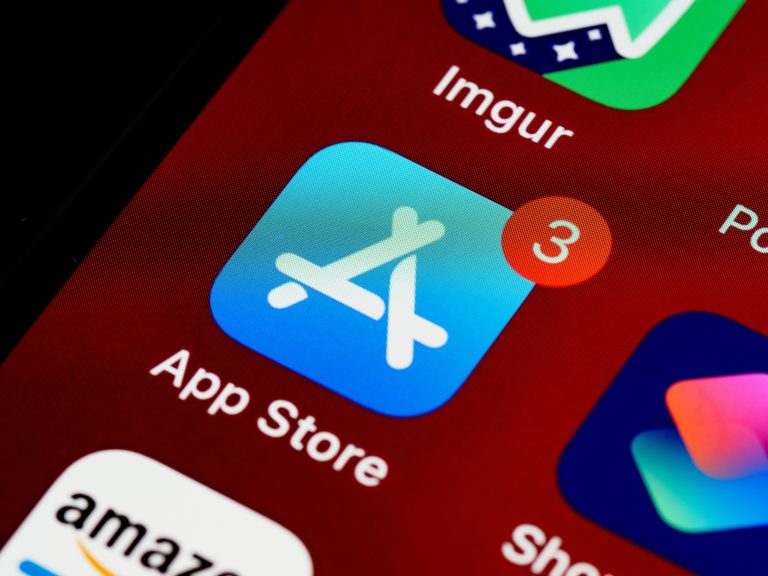Introduction:
In today’s digitally driven world, apps have become an integral part of our daily lives. From smartphones to smart TVs, these software applications have revolutionized the way we communicate, work, learn, and entertain ourselves. With millions of apps available across various platforms, it’s worth exploring their evolution and the impact they have had on society.
The Early Days of Apps:
Apps, short for applications, have been around since the advent of personal computers. In the early days, apps were primarily desktop-based programs designed to perform specific tasks. These applications were often standalone and had limited functionality. Users had to install them manually from physical storage media like floppy disks or CDs.
The Mobile Revolution:
The introduction of smartphones brought about a paradigm shift in the app landscape. Apple’s App Store, launched in 2008, marked a turning point by providing a centralized platform for developers to distribute and monetize their apps. It sparked a new era of mobile app development and consumption.
Mobile apps rapidly gained popularity due to their convenience, portability, and the ability to access services on the go. From social media and gaming to productivity tools and utilities, mobile apps offered a wide range of functionalities to cater to users’ needs.
The App Ecosystem Expands:
As smartphones became more powerful and internet connectivity improved, the demand for apps surged. Competing app marketplaces emerged, such as the Google Play Store and the Windows Store, creating a vibrant ecosystem for developers to showcase their creations.
The variety and sophistication of apps grew exponentially. Educational apps revolutionized the way people learn, allowing access to courses, tutorials, and language learning tools anytime, anywhere. Fitness apps turned smartphones into personal trainers, tracking activities and providing workout routines. Banking and finance apps made managing finances a breeze, enabling secure transactions and real-time updates.
Social media apps, like Facebook, Instagram, and Twitter, connected people globally, transforming the way we interact and share information. Messaging apps, such as WhatsApp and WeChat, redefined communication, making it seamless and instantaneous across borders.
The Rise of App-based Services:
In recent years, the concept of app-based services has gained prominence. Companies like Uber, Airbnb, and food delivery platforms like DoorDash and Deliveroo have disrupted traditional industries by leveraging apps as a platform for their services. These apps connect service providers directly with consumers, offering convenience, choice, and enhanced user experiences.
The Gaming Revolution:
Apps have also played a significant role in the gaming industry. Mobile gaming, with its intuitive touch controls and casual gaming experiences, has attracted a massive global audience. Games like Pokémon Go and Among Us have demonstrated the potential for augmented reality (AR) and multiplayer experiences, bringing people together in unique ways.
The advent of cloud gaming services, like Google Stadia and Microsoft xCloud, has further expanded the possibilities, allowing users to stream and play high-quality games on various devices without the need for expensive hardware.
The Future of Apps:
Looking ahead, apps are poised to continue their transformative journey. Here are some trends that will shape the future of apps:
- Artificial Intelligence (AI) and Machine Learning (ML): Apps will increasingly leverage AI and ML technologies to provide personalized and context-aware experiences. From voice assistants to recommendation systems, these technologies will enhance app interactions and streamline workflows.
- Internet of Things (IoT) Integration: As IoT devices become more prevalent, apps will play a vital role in controlling and monitoring smart homes, connected cars, wearables, and other IoT-enabled devices, creating a seamless ecosystem of interconnected technologies.
- Augmented Reality (AR) and Virtual Reality (VR): AR and VR technologies will revolutionize app experiences, offering immersive gaming, training simulations, virtual tours, and interactive learning environments.
- App Security and Privacy: With growing concerns about data privacy and security, apps will focus on robust encryption, biometric authentication, and transparent data handling practices to build user trust.
Conclusion:
Apps have come a long way since their inception, transforming the digital landscape and empowering users with unprecedented access to information and services. From the early desktop applications to the mobile revolution and beyond, apps have evolved and diversified, catering to various needs and interests.
As we look to the future, apps will continue to shape our lives, blurring the boundaries between physical and digital realms. With technological advancements like AI, IoT, AR, and VR, the potential for innovation within the app ecosystem is limitless. So, let’s embrace this app-driven world and see where it takes us next.
Photo by Brett Jordan on Unsplash





